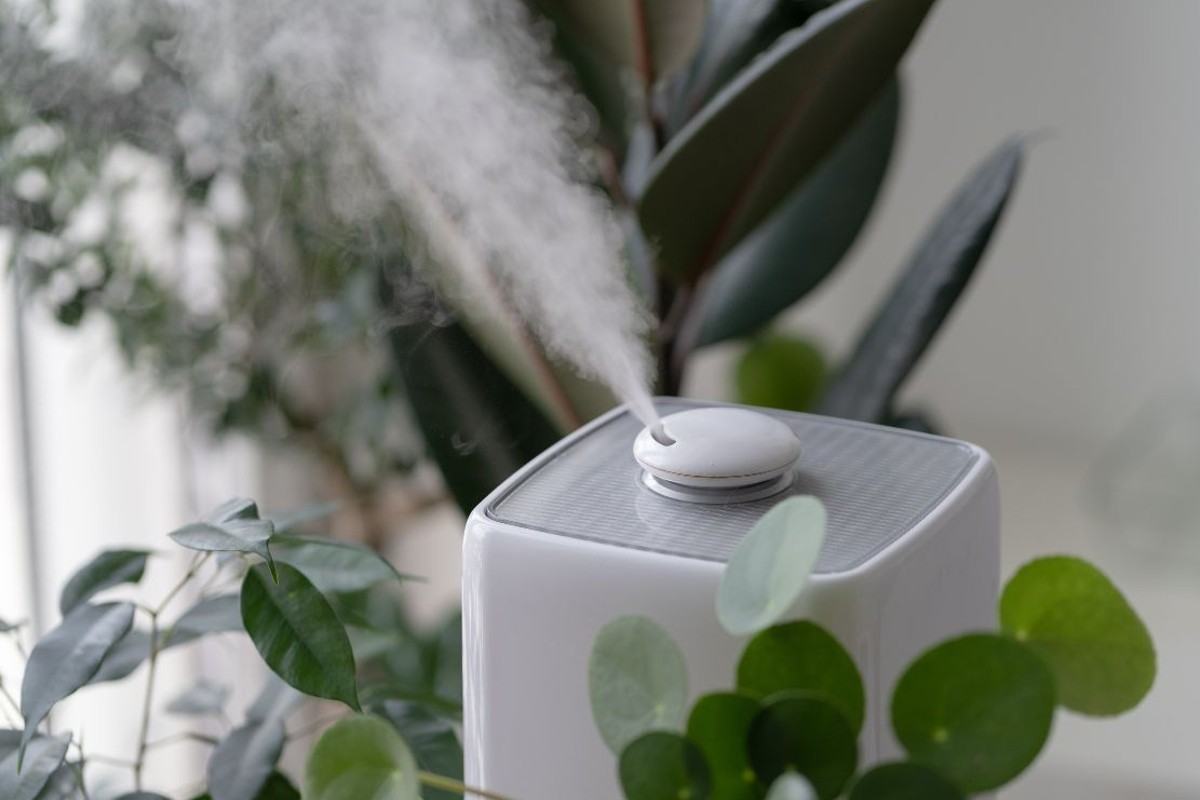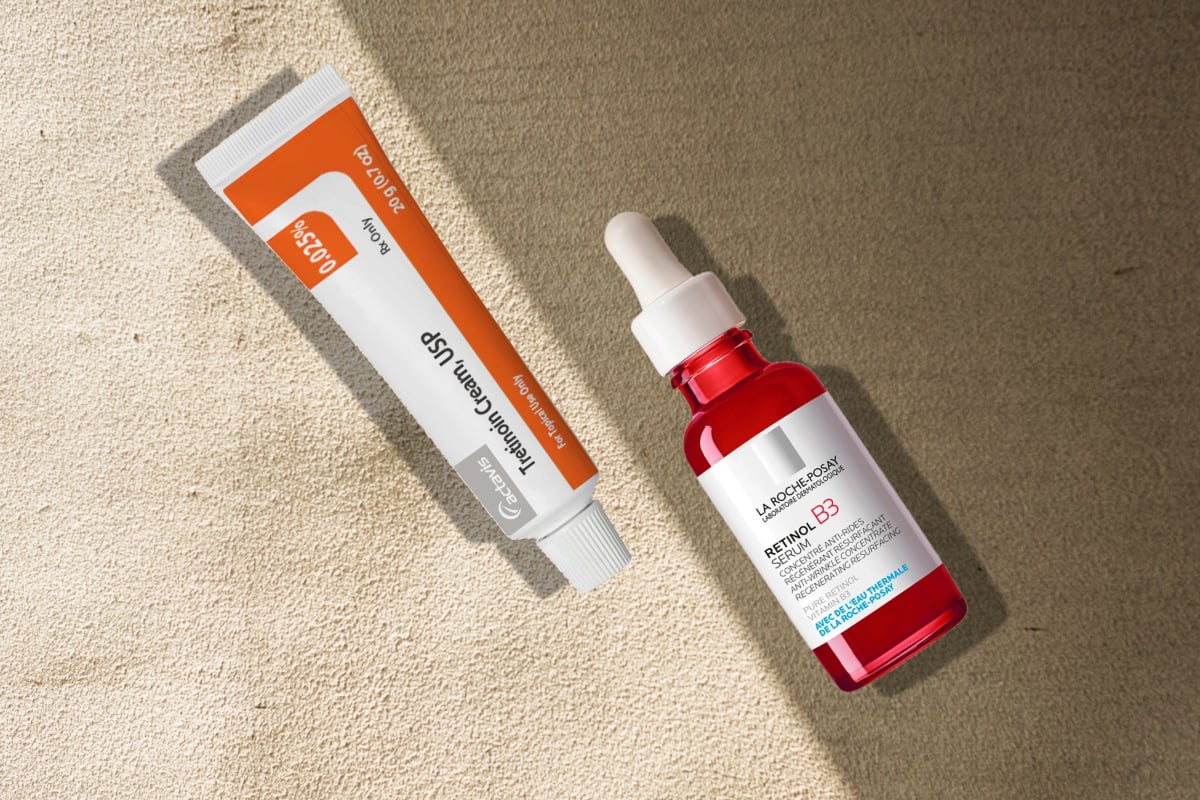Winter transforms the air around us. It’s not the moisture-rich air of summer anymore. Instead, we’re greeted with dry air that seems to rob the hydration right out of our skin. The cold winds and low temperatures only add to this problem, making our skin feel tight and uncomfortable. This dramatic shift in the environment demands a change to your skincare routine. More often than not, you should reach out for heavier creams that are rich in moisturizing ingredients. Ahead, we discuss the best skincare ingredients that solve all winter skin problems.
Ceramides, cholesterol, and fatty acids
Ceramides, cholesterol, and fatty acids are like a winter coat for your skin. Are you familiar with the epidermal barrier? It’s the outermost layer of your skin. This barrier is what holds moisture into your skin. When it’s weak, your skin loses moisture. When it’s strong, your skin is hydrated and healthy. However, the skin barrier often suffers in winter since the harsh weather can weaken it and create cracks that cause the skin to lose moisture
But here’s some good news: ceramides, cholesterol, and fatty acids are the substances that form the skin’s barrier, so they can work to restore and strengthen it. Every night, use a cream with these ingredients to give your skin a natural protective defense against the harsh winter weather.
Not sure where to start? We recommend these ceramide creams.
Vitamin C
Vitamin C is a winter skincare essential. For one, it makes your skin retain more moisture. How does it do that? Well, it turns out that your body needs vitamin C to produce ceramides and therefore to build the moisture-sealing barrier on the surface layer of the skin. Moreover, vitamin C increases the production of collagen, a protein that promotes skin firmness and hydration.
Hyaluronic acid
Hyaluronic acid is a year-round must and a key ingredient in your winter skincare routine. This molecule attracts and holds moisture from the air into the skin to provide both instant and long-lasting hydration. In fact, hyaluronic acid is part of the natural moisturizing factor (NMF), which is a complex of molecules found naturally in the skin that retain moisture. Surprisingly, it can hold almost 1000 times its weight in water, which is why it is one of the best skincare ingredients to combat dry skin in winter.
Squalane
Squalane has all the good stuff to hydrate your skin without making it greasy or sticky. It’s an emollient that works very much like your skin’s sebum: It creates a thin film over the skin’s surface that seals in moisture. The best part? It’s suitable even for oily and acne-prone complexions.
Coconut oil
Coconut oil is full of emollients like fatty acids and vitamin E. It’s effective at repairing damaged, cracked skin and restoring moisture to dry skin. Even though coconut oil is a great moisturizer, it comes with a few caveats: It can clog pores, so don’t use it on your face if you’re prone to acne breakouts.
Shea butter
Because it is full of vitamins (A, E, and F), antioxidants, and fatty acids, shea butter can activate your skin’s defenses against cold weather and provide a burst of hydration. It’s non-comedogenic and targets all winter skin concerns including dryness, inflammation, redness, and UV damage.
Other ingredients to look for in winter
- Snail mucin
- Centella asiatica
- Panthenol (Vitamin B5)
- Aloe vera
- Petrolatum
Ingredients to avoid in winter
Since the cold weather and low humidity that come with winter tend to dry out the skin, it’s not a good idea to use products that can dehydrate or irritate the skin. These include products containing high concentrations of alcohol, fragrance, and other drying ingredients like salicylic acid, benzoyl peroxide, and astringents. For the same reason, you should avoid face washes that contain sulfates, as they can rob your skin of moisture.
What else
- Consider slugging. It’s a method that involves applying a thick layer of petrolatum (which is occlusive) at night as the final product in your evening routine. You can read more about it and learn how to slug like a pro here.
- Use two different moisturizers for day and night. During the day, you need a lightweight formula that hydrates and protects your skin without weighing it down, while for night, you need a thicker cream packed with skin barrier-repairing ingredients like ceramides and fatty acids.
- Apply SPF when you go out. You need sun protection all year long.
Related: The Best Face Serums To Use This Winter
Sources
Women’s Concepts is committed to the highest standards of accuracy and trustworthiness in our articles. We meticulously source our information from credible experts, authoritative scientific journals, and clinical trials. Every statement and claim in our content is backed by clear and legitimate references. To understand more about our sources of information and fact-checking process, we invite you to read our editorial policy.
- Kircik LH, Del Rosso JQ, Aversa D. Evaluating Clinical Use of a Ceramide-dominant, Physiologic Lipid-based Topical Emulsion for Atopic Dermatitis. J Clin Aesthet Dermatol. 2011 Mar.
- Ponec M, Weerheim A, Kempenaar J, Mulder A, Gooris GS, Bouwstra J, Mommaas AM. The formation of competent barrier lipids in reconstructed human epidermis requires the presence of vitamin C. J Invest Dermatol. 1997 Sep.
- Tanno O, Ota Y, Kitamura N, Katsube T, Inoue S. Nicotinamide increases biosynthesis of ceramides as well as other stratum corneum lipids to improve the epidermal permeability barrier. Br J Dermatol. 2000 Sep.
Read next: Is Retinol Good In Winter? What You Need To Know Before Using Retinol In The Cold Season





![Does resveratrol in red wine benefit your skin? While sipping on a glass of red wine can be a delightful experience, relying on it for skincare benefits is not the best idea. Sure, red wine contains a smidge of resveratrol, but let's put things into perspective. The concentration of resveratrol in red wine is relatively low. Red wines, specifically Pinot noir from France, typically contain 0.361-1.972 mg of resveratrol per liter.[8] To hit that reference dose of 500mg of resveratrol, you'd need to drink a lot of wine. We're talking about downing anywhere from 100 to 1000 glasses per day. It's a scene straight out of a wine lover's wildest dreams, but definitely not the healthiest approach. Resveratrol Benefits for Skin](https://womensconcepts.com/wp-content/uploads/2022/03/Resveratrol-Benefits-for-Skin.jpg)